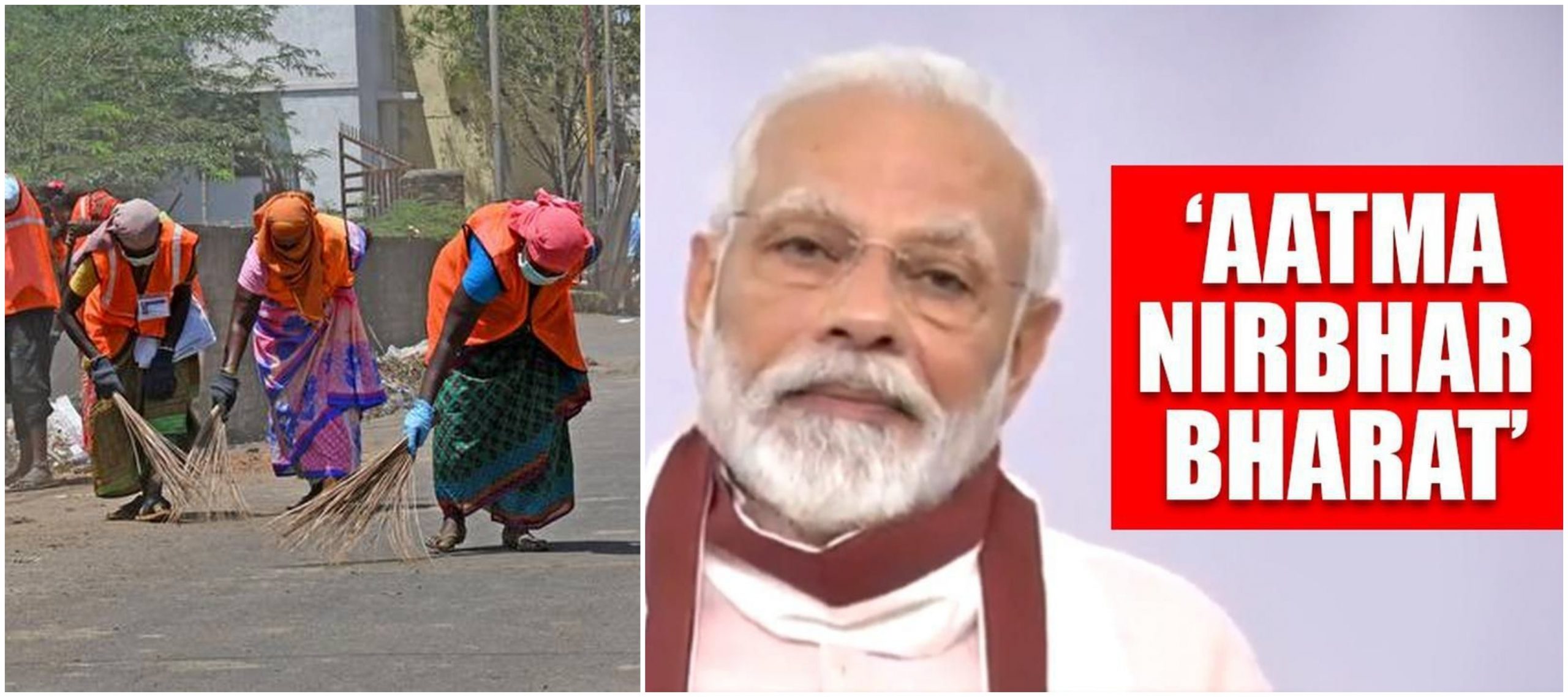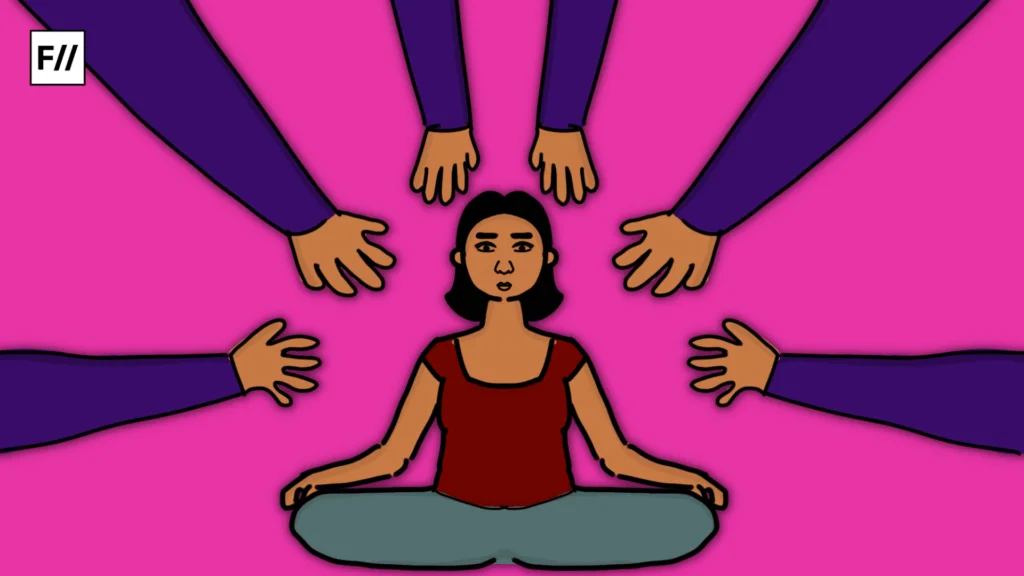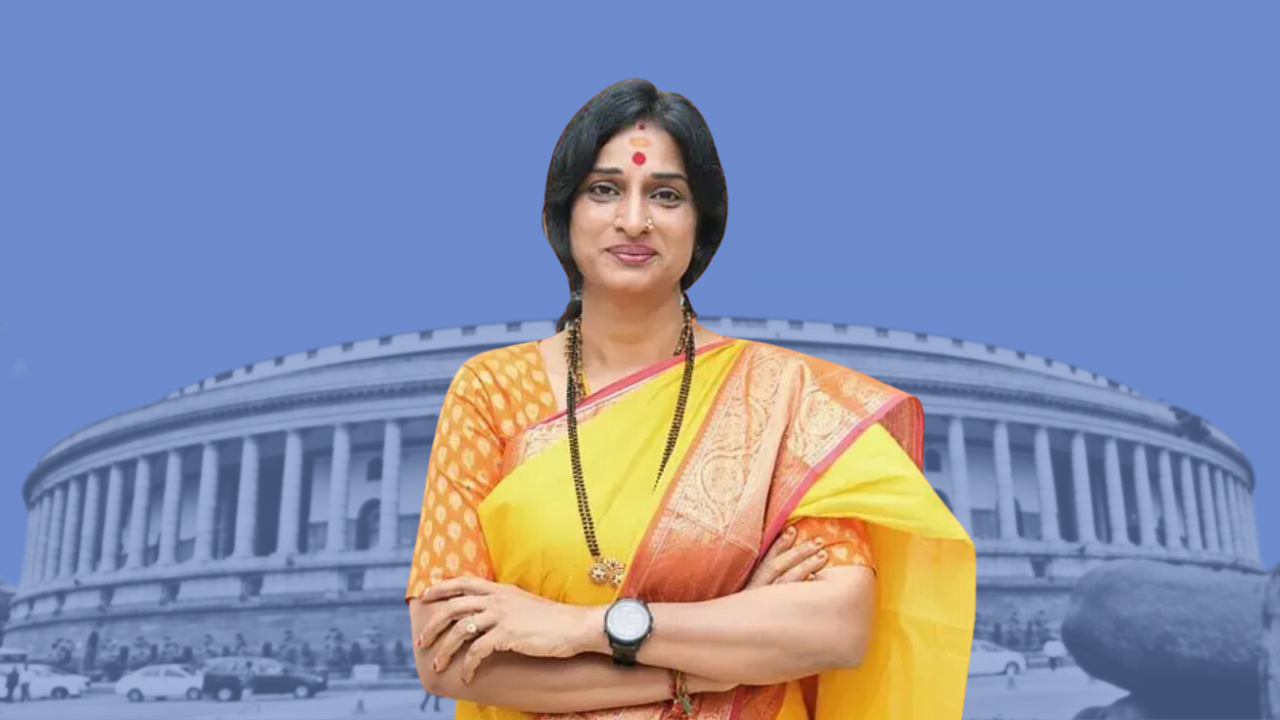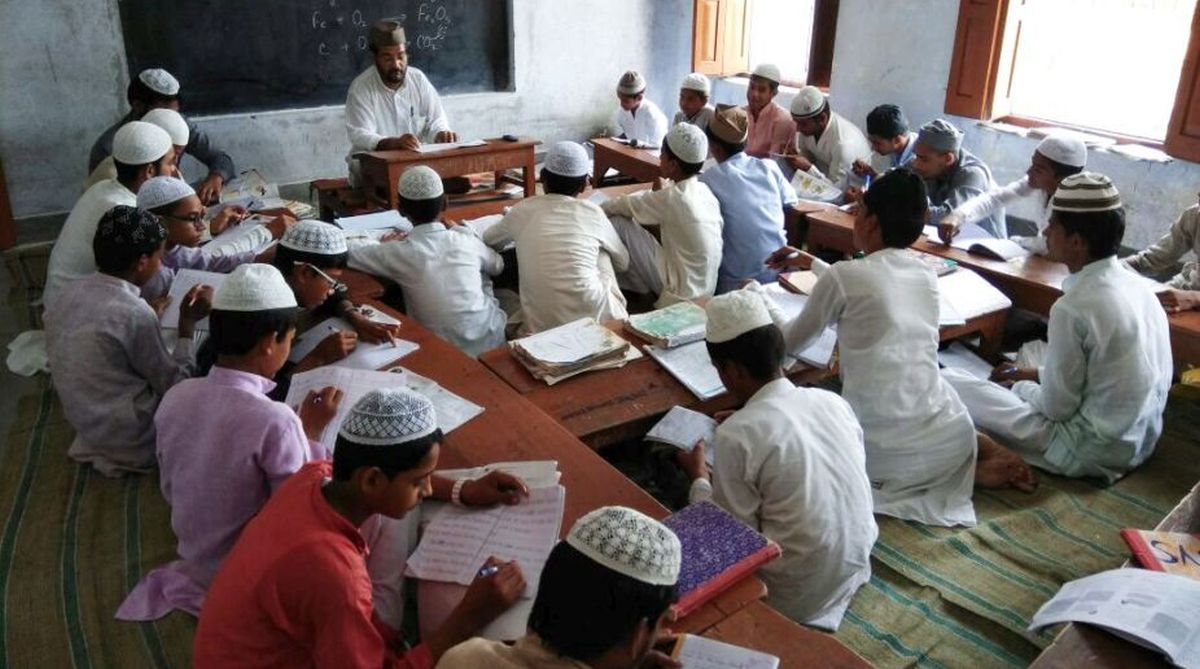Disclaimer: Please forgive any abstractions that offend you. I have tried to use expletives such as ‘largely’ or ‘mostly’ to address discomforts of ‘not all men’ and ‘not all savarnas’.
I must confess I did not watch the PM’s speech nor did I follow up on the various conversations about the context with which he used the idea of ‘atmanirbhar’. That said, the word being invoked in a time such as a pandemic has the undertone, not of ‘swarajya’ or ‘self-governance’ in the Gandhian sense, but of ‘self-service’ in the capitalist/ restaurant/McDonalds’ sense. As in – ‘do it yourself or not, you are responsible for your plight’. It feels like a rejection of accountability more than a bolstering of collective self-esteem.
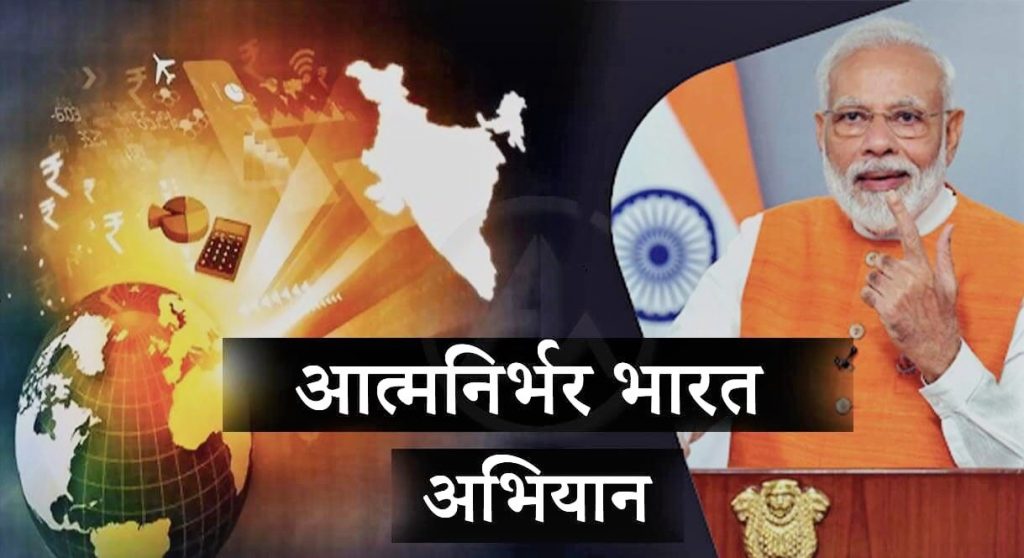
However, what we might often forget is that in India, even in McDonalds, we are not strictly devoid of gendered and casteist labour. Yes, people pick up their own trays, but it is largely people (men or women) from marginalised castes who clean and wait tables. Angry class-privileged customers think it is their right to scream at the cashiers and the wait staff, and sometimes hurl gendered abuses at them. This analogy is to say that what we might superficially perceive as a ‘gender-neutral’ or ‘caste-neutral’ term, has layers. And it is not very complicated to peel them off.
To me, the PM’s speech inadvertently invoked a whole other world of deliberations.
What would ‘atmanirbhar’ mean in the context of a country where (most) upper class and dominant caste people outsource nearly all of their manual labour tasks? Short of taking a shower (and other such feats of personal hygiene) and on occasion buying things and driving around – both of which are significantly outsourced to aggregators in times of the pandemic, which part of our lives have ever been truly self-reliant?
The word being invoked in a time such as a pandemic has the undertone, not of ‘swarajya’ or ‘self-governance’ in the Gandhian sense, but of ‘self-service’ in the capitalist/ restaurant/McDonalds’ sense. As in – ‘do it yourself or not, you are responsible for your plight’. It feels like a rejection of accountability more than a bolstering of collective self-esteem.
Further, what would ‘atmanirbhar’ mean for an average middle-class household such as mine, where most domestic labour has been performed by women in the house? How can we ever really certify the men and boys of such households as being self-reliant, when we know that the pandemic is the first time some of them learned how to make chai/coffee or the location of ingredients inside their kitchens and refrigerators? I say ‘some of them’ because at least in my immediate and extended social circle, the gendered segregation of labour continued even in the wake of added responsibilities.
The heroic accounts we heard from most of us dominant caste people (both men and women), sounded something like these
‘Unclogged my sink for the first time.’
‘Finally learnt how to cut a pineapple.’
‘Spend 15 hours per week taking care of my home, and feel so fulfilled!’
Sadly these are now over because all of their social media freshness has expired. Many have rolled back into using domestic help (often humiliating and over-scrutinising “these lower class people”). Many others are simply learning how to live in dust and dirt. In an ironic turn of events, I had some of my close friends confess to feeling bad about shaming their maids for “being smelly” or “not understanding what a clean toilet or clean utensils mean.” Because when you have a mountain of work, cleaning privileged people’s homes and clearing up after our kids, it would be so difficult to pay attention to your own life!
This “deep revelation” is saddening because even in the admittance of our guilt, we do not attribute our sustenance to the caste system! There is arrogant denial of the reality that us dominant caste people owe our very systems of life, the smooth running of society and nourishment, to the labour of millions of marginalised ‘undercaste’ bodies.
So how ‘atmanirbhar’ can we really claim to be?
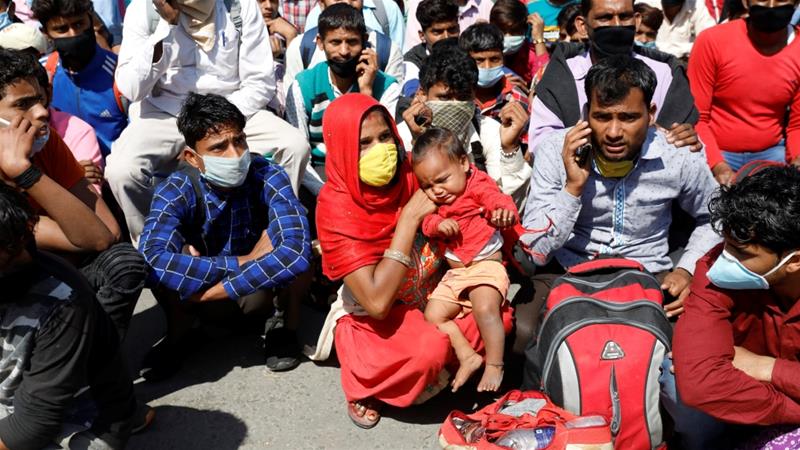
Also read: Covid-19: Kashmir Under Yet Another Lockdown
It is also necessary to point out that caste and gender are practically inextricable from each other, when we talk of labour in India. Upper class and formal workplaces consist primarily of persons (both men and women) from dominant castes and even laws pertaining to the workplace are all made with this formal workplace in mind (think of Maternity Benefits Act or anti-sexual harassment act a.k.a. the POSH Act).
No – we are not and have never been ‘self-reliant’ or ‘self-made’. We have relied on the violent structures of oppression that made available commodities and cheap labour – in our homes, at our workplaces, at our vacation resorts and in our schools.
The stigmatisation of DBA persons as ‘lazy’, ‘inefficient’, ‘uneducated’ or ‘cattle-class’ is precisely the binary drawn up even within “upper” caste arrangements where housewives “sit around and gossip all day”, “women in general have inferior brains” and “women are simply more caring and nurturing.” Replace ‘women’ with “lower caste” or “scheduled caste” people in any of those sentences and the stereotype remains intact (remember the link between undercaste labour and fulfilling a spiritually higher purpose?).
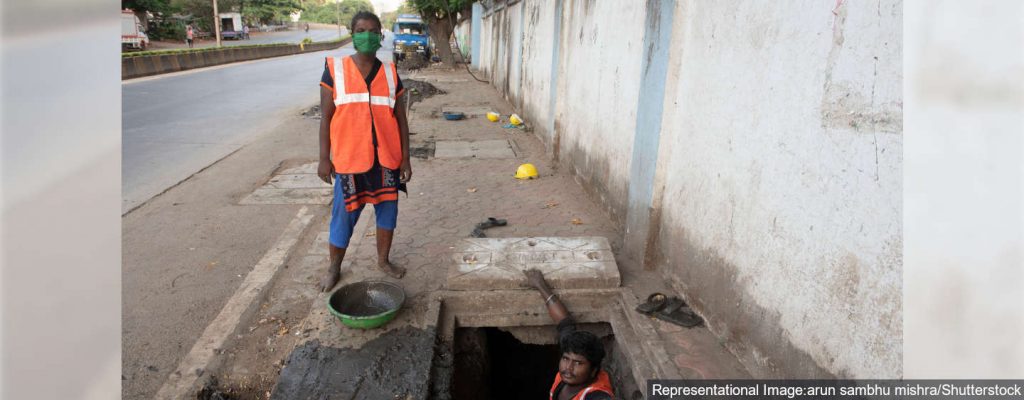
Patriarchy is not without caste, toxic masculinity does not come in ‘caste-neutral’ packages and as a woman, the one thing I am certain of is that I have held and continue to hold stigmatising notions about undercaste persons (of all genders). It has been difficult to hold privileged men responsible but even more difficult and gut-wrenching for privileged caste women, to hold ourselves and each other responsible.
Also read: Lockdown’s Adverse Impacts On Women’s Health In Gurugram’s Slums
So how ‘atmanirbhar’ can we really be?
Especially, when we are placed in and shaped by these constricting binary roles of “man” and “woman” or “upper” caste and “lower” caste. What would it even mean for us dominant persons – viz. “upper” caste men and women? And I do not want to say (some) women because no – dominant caste women do not get off so easily. Not until we show genuinely and honestly-engaged solidarity that is without judgment or expectation of recognition, and one that makes physical sacrifices to disband this caste hierarchy.
No – we are not and have never been ‘self-reliant’ or ‘self-made’. We have relied on the violent structures of oppression that made available commodities and cheap labour – in our homes, at our workplaces, at our vacation resorts and in our schools.
